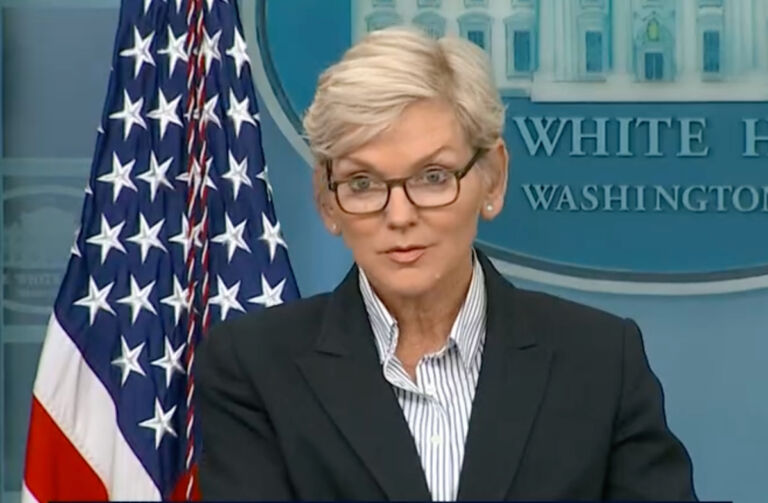Over the past decade the “demand side management” (DSM) model of public policy has crept into the state of North Carolina’s approach to regulation. The idea is to use public policy and government force to control the purchases and consumption habits — i.e., the behavior and choices — of citizens.
According to the U.S. Energy Information Agency, the purpose of DSM when applied to energy is “to encourage consumers to modify their level and pattern of electricity usage.” The direct application of that in N.C. is SB 3, which sets limits on the amount of electricity that can be consumed and mandates how much electricity can be consumed from various sources. According to Duke Power, the point of its SB3-inspired “Save-a-Watt” program is to “affect the nature of the energy-efficiency market such that customer behavior, vendor behavior, and even manufacturer behavior is altered.” (Emphasis added.)
The stated purpose of Transportation Demand Management (TDM) is “to provide citizens of North Carolina specific opportunities and strategies for sustainable economic growth.” According to the Department of Transportation, “For transportation planning … sustainable development primarily means reducing our dependence on personal vehicles to balance mobility needs with commitments to use less energy, improve air quality, preserve land and conserve limited resources.” TDM is an umbrella term for government management of people’s driving habits, land use, and housing choices.
The advocates of DSM are clear in making explicit their goals of social engineering and the rearrangement of lifestyles. The language in their guiding documents are replete with references to “behavior modification” and “restraining and restricting” certain activities or lifestyle choices. DSM is inconsistent with a free society, where the role of government is to respond to constituent demands, not manage and control them.
Spotlight 402 Demand Management: Social engineering by any other name …


